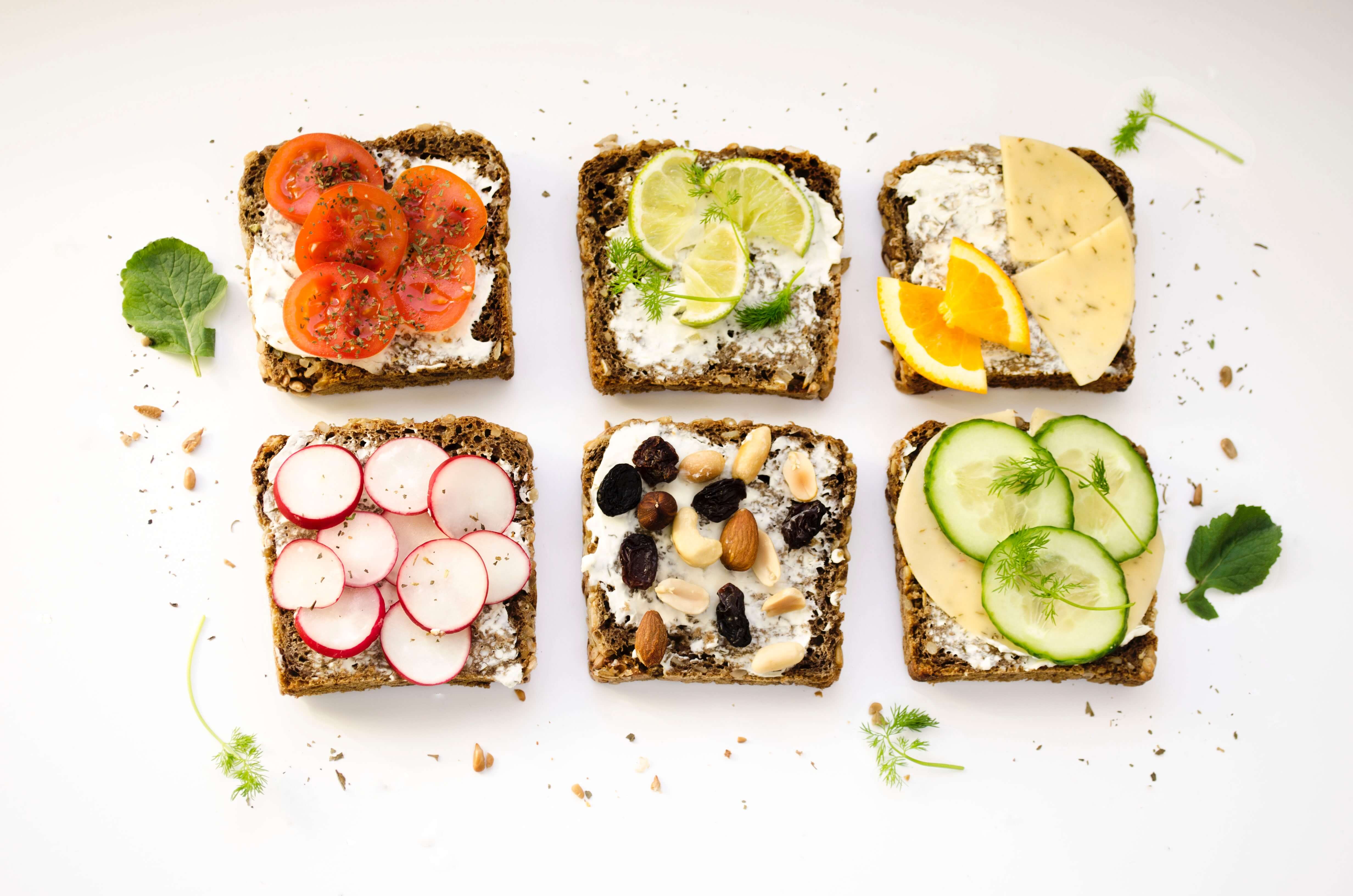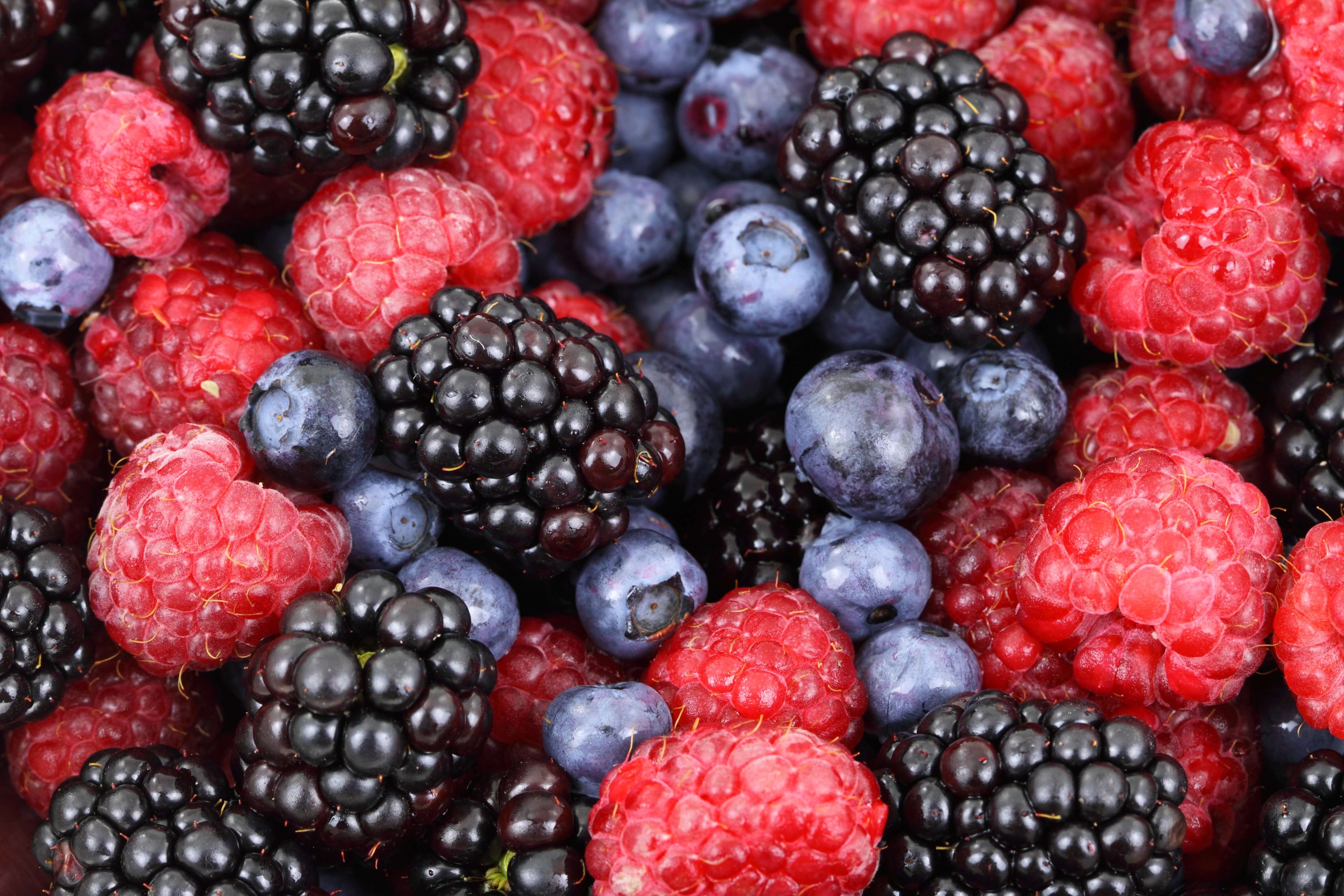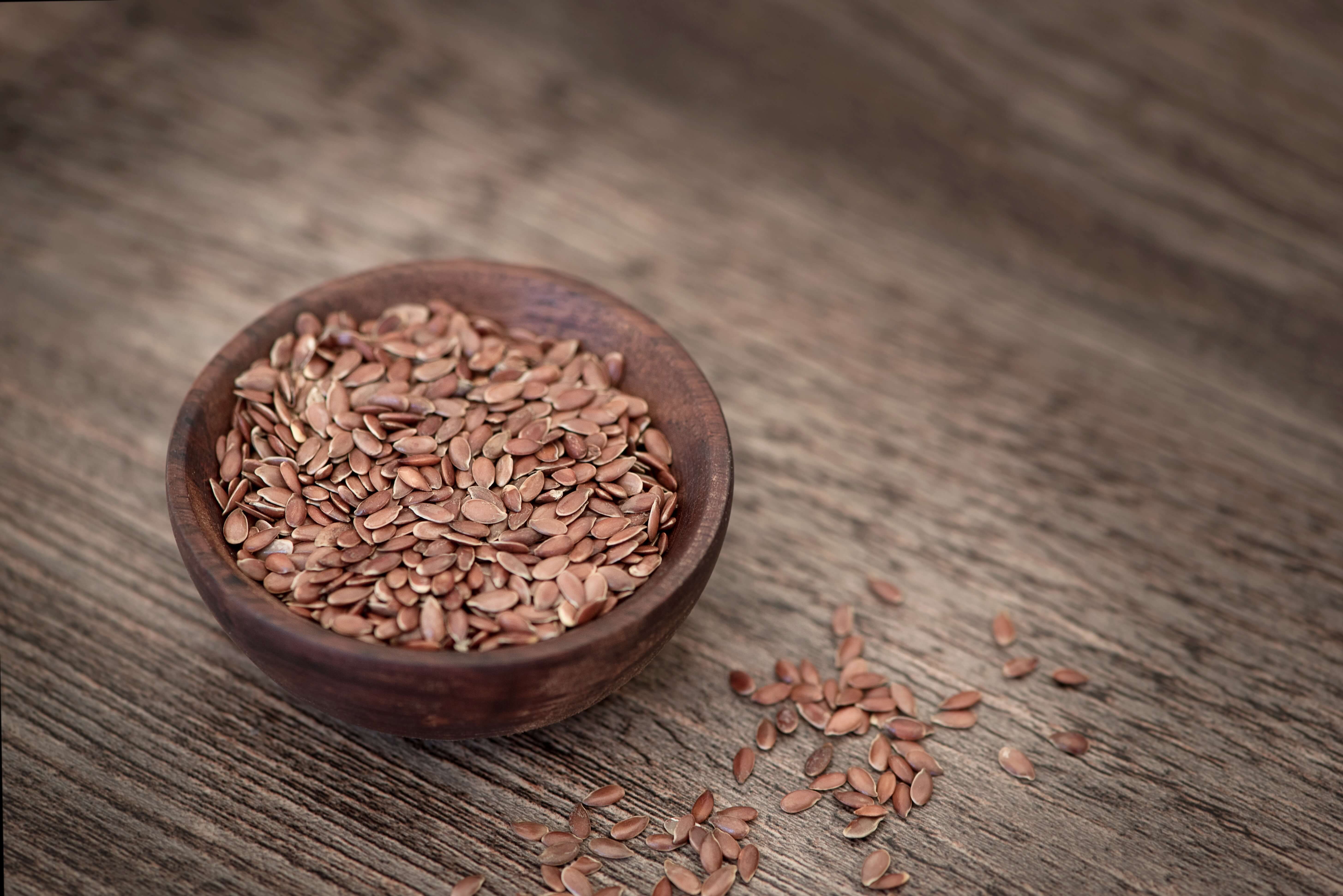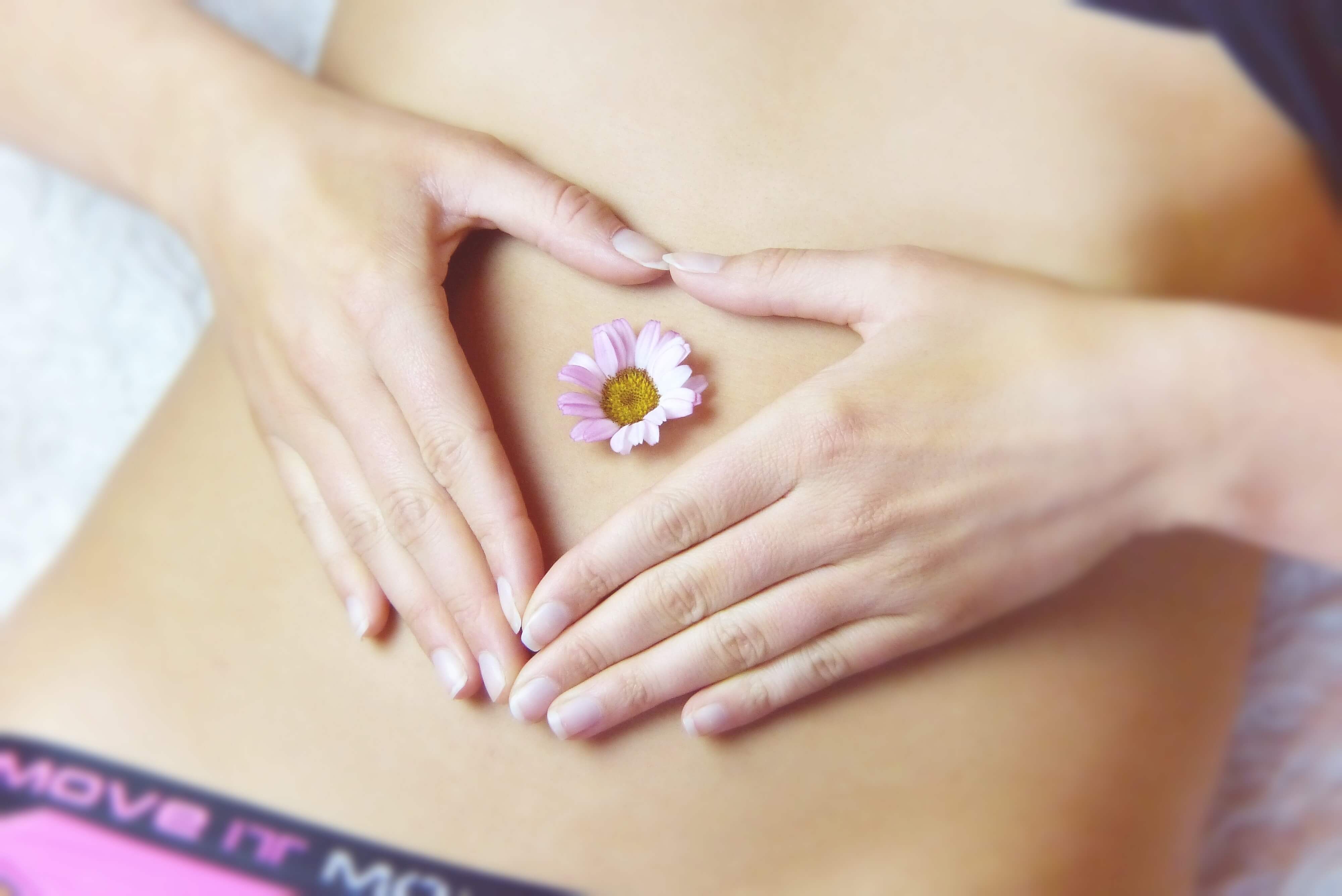achieve a healthy gut microbiome with these 10 tips
A lot of people are struggling to achieve a healthy gut microbiome, while with a little know-how and a healthy diet you can come a long way. For this reason, I decided to put up these 10 tips to help you achieve a healthy gut microbiome.
 Include fermented foods into your diet
Include fermented foods into your diet
Foods like kimchi, kefir, yoghurt, sauerkraut, tempeh, kombucha, and many others are a good source of probiotics. Aim for at least 100 gr of one or two fermented foods a day. More on probiotics here.
 Eat prebiotic-rich foods too
Eat prebiotic-rich foods too
For example bananas, garlic, onions, chicory root, artichokes, beans, leeks, nuts, and whole grains.
Cool tip: cook and cool down starchy foods such as potatoes, rice, or pasta. Some of the starch is converted into resistant starch, which is not fully digested by our body and reaches the gut feeding the gut microbiota.1, 2
Prebiotics may be even more important than probiotics. In the end, you already have your microbiota established in your gut. The point here is to not replace bacteria by introducing them as probiotics but to increase the growth of the good bacteria that are already in your gut by feeding with the right foods. Research shows that the gut microbiome changes massively depending on the diet of a person. This fact leads me to my third tip.
 Follow a plant-based diet
Follow a plant-based diet
Plants are full of fiber which increases the number of good bacteria in your gut and is proven to help achieve a healthy gut microbiome.3 Aim for at least 40 gr/day and increase this amount slowly if your gut microbiota is not used to digest it. The fermentation of this fiber by your gut microbiota will lead to the production of short-chain fatty acids (SCFAs), such as butyrate. These compounds are beneficial for the body, acting as a source of energy for the cells in the colon.4

 If you do consume animal products, go for organic
If you do consume animal products, go for organic
Conventionally raised animals are fed less nutritious food and bombarded with antibiotics so they can grow faster without getting sick. Then, these antibiotics are ingested by whoever consumes animal products. By eating organic meat you may avoid this.
A big study, called American Gut Project revealed that the participants who ate more than 30 plants per week showed lower antibiotic resistance genes in their gut microbiomes than people who ate 10 or fewer plants. The researchers speculate that individuals whose diets contain fewer plants could be compensating by eating more meat or processed foods with antibiotics.
 Include polyphenol-rich foods
Include polyphenol-rich foods
Polyphenols are a type of micronutrient that acts as antioxidants. These are found in red wine, green tea, blueberries, pomegranates, spices, cherries, and dark chocolate, among others. These plant antioxidants give intense colors such as dark blue in blueberries and eggplant, red-purple in red cabbage, and so on.5, 6
Antioxidants circulate through the blood ready to neutralize oxidants. However, research suggests that many of these polyphenols are not absorbed or are “changed” by digestion or processes in the liver. Despite this fact, polyphenols can still reach the gut and are able to neutralize oxidants generated by the digestion of nutrients right there. Research has also shown that antioxidants can serve as a key nutrient for beneficial bacteria so they can generate vitamins (B12 and vitamin K), other molecules that function as natural antibiotics or SCFAs.7, 8

 Limit your sugar and oil intake
Limit your sugar and oil intake
Sugar and artificial sweeteners feed the bad bacteria and cause gastrointestinal distress (gas, bloating, and diarrhea). Research has shown that both alter the gut microbiota, although artificial sweeteners seem to induce more dysbiosis. The evidence seems to suggest that, contrary to popular belief, artificial sweeteners may actually be unhealthier to consume than naturals sugars.9, 10
Oils are packed with calories and are standing in your way of achieving a healthy gut microbiome. It is a better choice to obtain healthy fats from whole foods such as avocados, nuts, and seeds.
 Eat 2 tbsp of flaxseeds to meet your daily requirements of Omega 3
Eat 2 tbsp of flaxseeds to meet your daily requirements of Omega 3
Omega 3 fatty acid is the type of fat that you don’t want to cut back on. There are different types: EPA and DHA which are found primarily in fish and algae, and ALA found in plant sources such as nuts and seeds. It appears that our body can only absorb EPA and DHA. The recommended dose is 250-500 mg EPA/DHA per day. However, vegetarians and vegans do not need to panic since our body can convert ALA to EPA and DHA with a variable conversion rate (8-20% and 0.5-9%, respectively).11
For example, 1 tbsp of flaxseeds contains 2350 mg ALA. If we take 2 tbsp and assume a conversion rate of 8%, we will get already 376 mg of EPA and DHA. Other sources are walnuts (2574 mg ALA per tbsp) and chia (1900 mg per tbsp).12

 Consider taking vitamin B12 and D as a supplement
Consider taking vitamin B12 and D as a supplement
Vitamin B12 is only found in animal products. The reason is that vitamin B12 is only produced by bacteria and Archaea. This bacteria can also be found in the human colon. However, all the B12 produced is excreted through feces rather than absorbed because the receptors are found in the small intestine. Interestingly, our gut microbes also need B12 and there is some kind of competition for it in the small intestine.13
Vitamin D also influences the composition of the microbiome.14, 15 It is produced when we are exposed to sunlight. So, if you are unlucky enough to not see the sun for days, your body and mental health will benefit from vitamin D3 supplementation.
 If you suffer from intestinal distress, try taking digestive enzymes
If you suffer from intestinal distress, try taking digestive enzymes
Have you noticed bloating, gas, constipation, or pain after consuming certain types of foods? It might be that your stomach acid is low or that you don’t produce enough digestive enzymes to break down food. When food is not digested properly, particles arrive at the colon where bacteria ferment them. Here we are not only talking about resistant starch and fiber, but also about undigested proteins and fats, whose byproducts can lead to bloating, smelly gas, and constipation. In this case, taking digestive enzymes or betaine HCl can help ease these complaints.

 Eat slowly and in a peaceful manner
Eat slowly and in a peaceful manner
Evolutionarily, when humans were stressed due to food scarcity or having to run from an animal, the body prepared for it in various ways. During these times, digesting food was not a priority and, as a consequence, fewer digestive juices were produced. Nowadays, this survival function is standing in your way of achieving a healthy gut microbiome. When you are stressed, your body might stop prioritizing digestion which means you'll absorb fewer nutrients and upset the bacteria in your gut. Try to relax and take time while taking your meal and for a period afterward. This way your body can focus on the digestion process.
I hope these 10 tips will help you on your journey to achieve a healthy gut microbiome. Don't hesitate to contact me by email or one of our social channels if you have any questions.